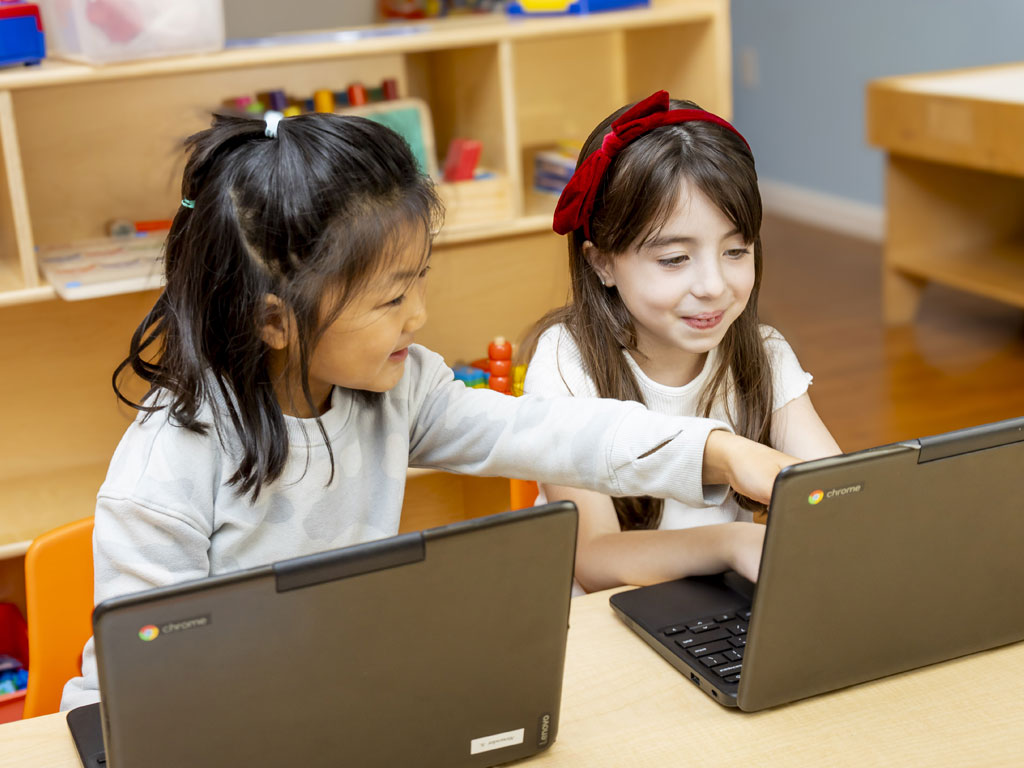Introduction
Starting preschool in a new country can be overwhelming—for both children and parents. At The Brunswick School (TBS), we recognize the importance of belonging, trust, and communicative clarity. By honoring families’ languages, inviting cultural input, and providing consistent support, we build educational spaces where immigrant families feel seen, welcomed, and empowered. This nurtures not just early learning, but long-term confidence and community connection.
1. Fostering a Warm, Inclusive Welcome
Trust begins with feeling valued and safe. Early childhood experts emphasize that immigrant children benefit when educators:
- Actively convey warmth and acceptance,
- Respect cultural differences,
- And offer stability through compassionate interactions.
At TBS, that means greeting families with warmth, inviting classroom observations, and prioritizing relationships from day one—so children and parents know they’re in caring hands. When teachers greet caregivers with a smile or child-friendly gesture, it signals that every family belongs.
2. Embracing Cultural Strengths & Multilingual Expression
Children arrive with rich backgrounds, perspectives, and languages—and these are assets, not challenges. We intentionally:
- Learn from parents about family traditions and home language,
- Incorporate stories, art, and gestures that reflect diverse heritages,
- And support home languages alongside English.
Research consistently shows bilingual children develop stronger cognitive flexibility, attention, memory, and social sensitivity. TBS honors this by nurturing dual-language growth and cultural pride.
3. Removing Barriers & Empowering Families
Immigrant parents often face hurdles—like complex enrollment or language differences. Inclusive programs help by:
- Simplifying application processes,
- Offering flexible documentation and translated materials,
- Providing support through in-person or multilingual outreach.
This approach helps families feel equal and confident in engaging with TBS—setting the stage for meaningful collaboration between home and school.
4. Building Community Through Inclusion
Belonging grows when families participate—and TBS creates opportunities for connection:
- Family-focused events and cultural celebrations,
- Sharing traditions, meals, or volunteer time in classrooms,
- Flexible communication that bridges language gaps.
Immigrant parents report that when teachers take time to listen, observe, or even hug their children, they feel seen—and that makes a world of difference.
FAQs
Q: How does TBS welcome children who aren’t fluent in English?
A: We prioritize patience and visual learning—teachers model language through actions and context, not corrections. This approach helps build confidence and communication slowly and respectfully.
Q: Is bilingualism supported?
A: Absolutely. Research highlights that early bilingual exposure boosts executive function, cultural empathy, and academic readiness—benefits we safeguard and celebrate.
Q: How does TBS make enrollment easier for immigrant families?
A: We use flexible documentation options, translated forms, and offer assistance as needed to ensure families can comfortably access our programs.






